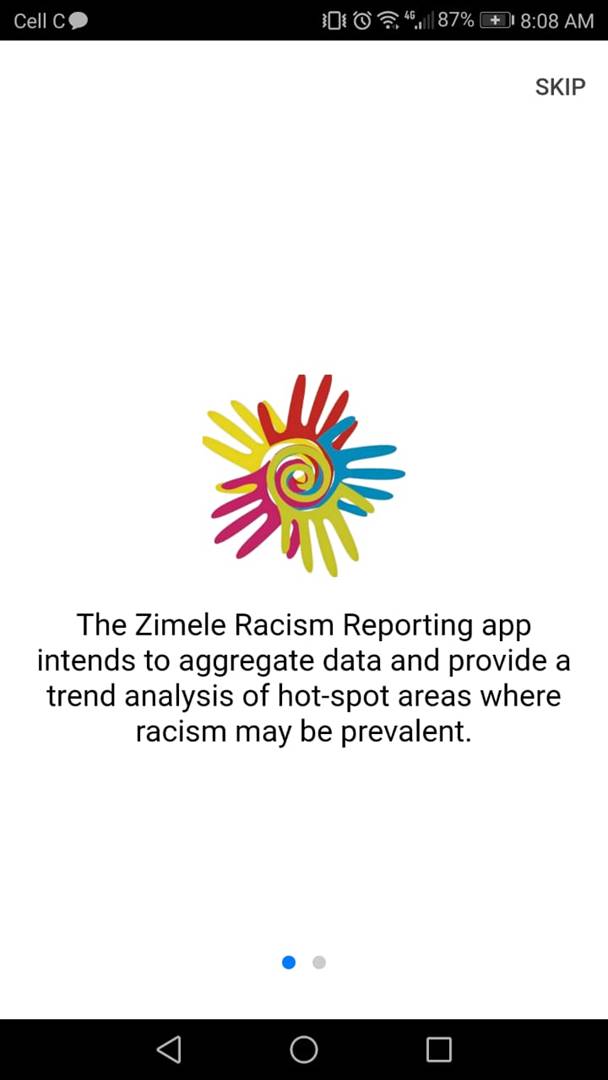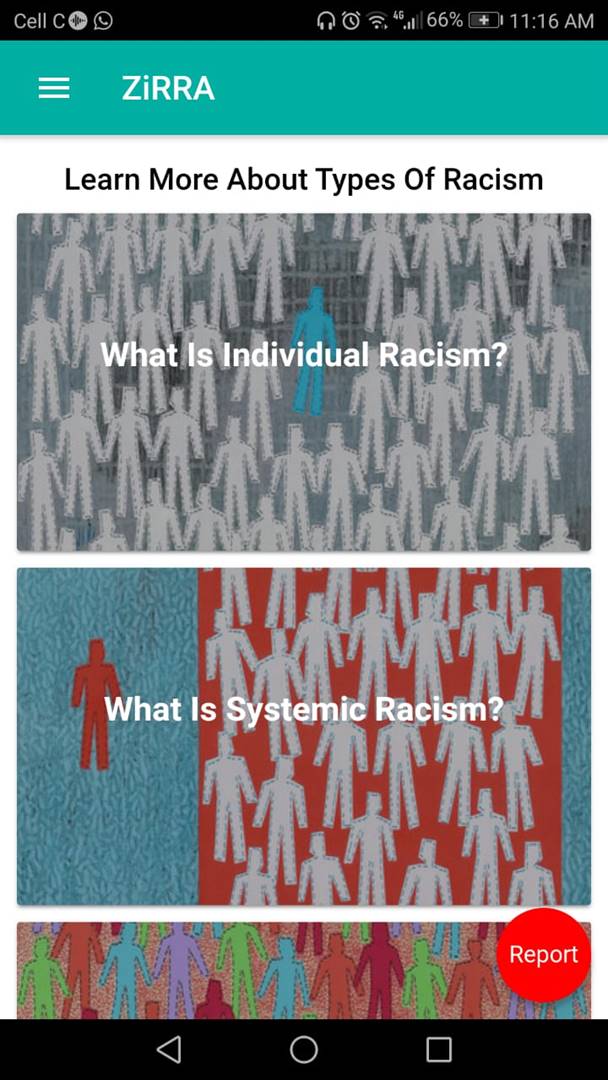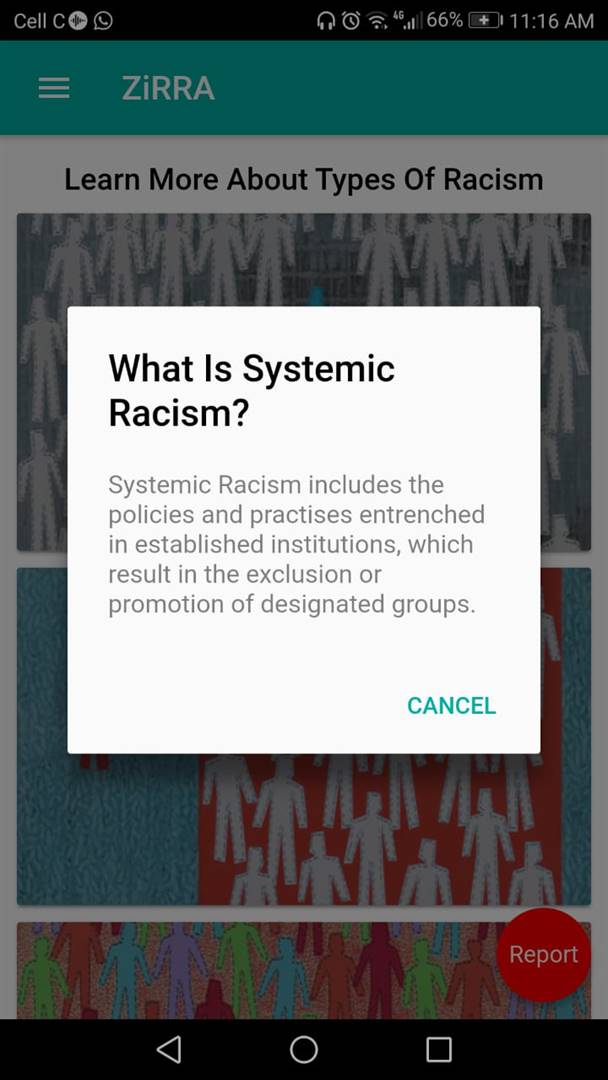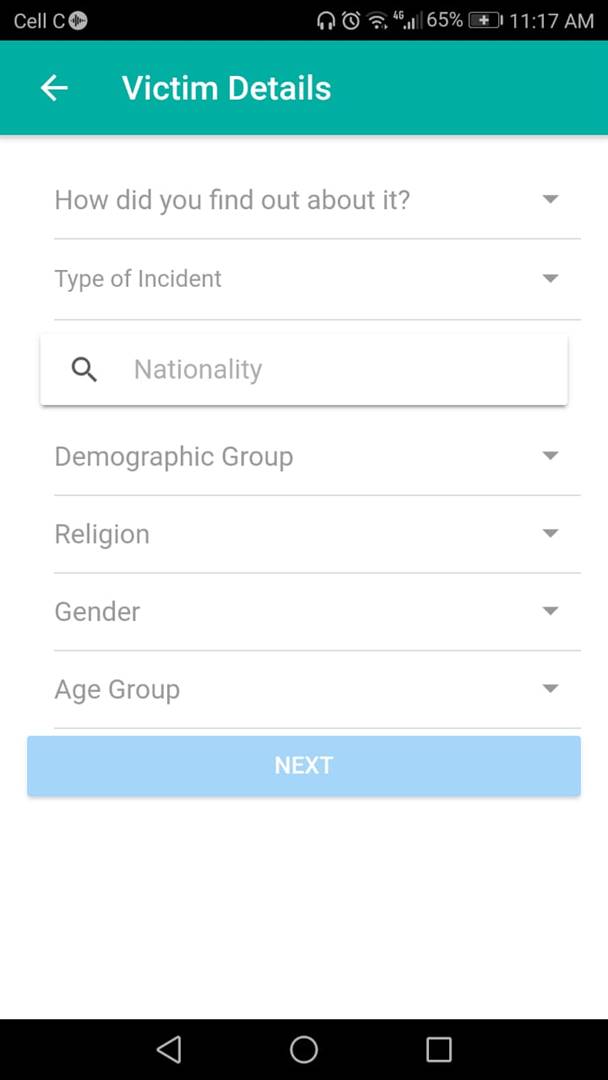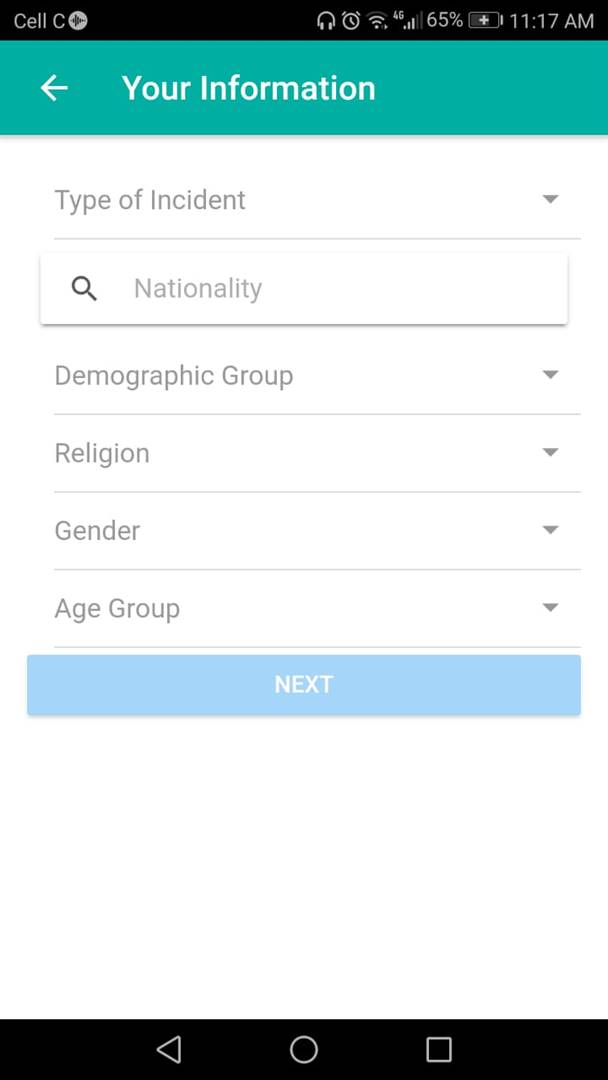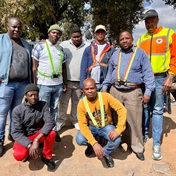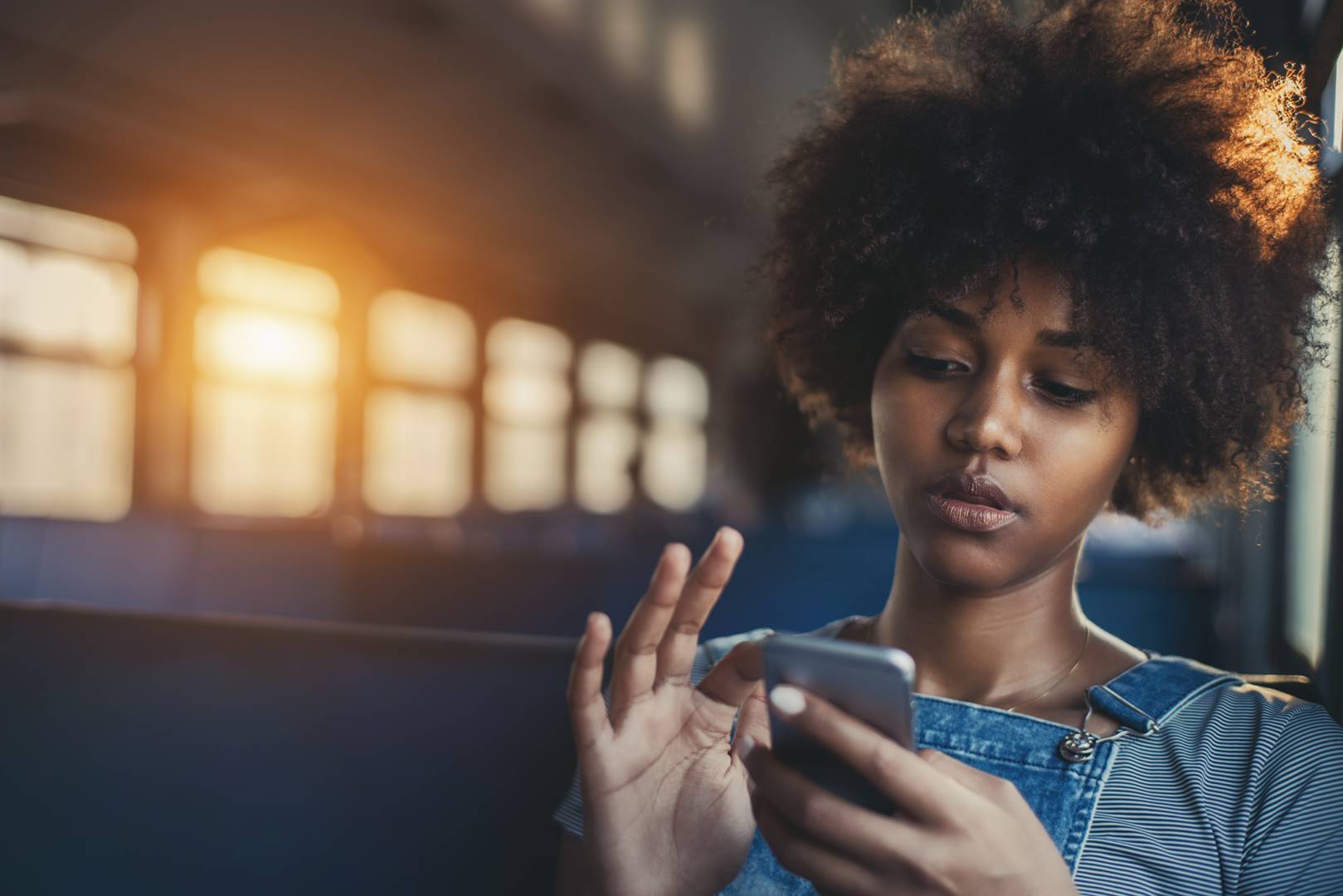
Reporting racism is as simple as opening up an application on your smartphone, entering your details and pressing send.
“Every March the same questions are asked: Has racism increased and has it gotten worse?” said Gail Smith, spokesperson for the South African Human Rights Commission, at the launch of the new app this week.
The new app was a partnership between the Ahmed Kathrada Foundation and the South African Human Rights Commission, and its launch coincided with anti-racism week, taking place from March 14 to 21, and Human Rights Month.
The Zimele Racism Reporting App (ZiRRA), is available for download on the Google and Apple play stores.
“There is in our country a fascination with race and racial discrimination, as there should be, and it is something that we at the human rights commission take very seriously,” Smith said.
“What we’re trying to do today is to give you a broader understanding of race in South Africa because while the media tend to focus very much on race and racial discrimination, our Constitution and the Equality Cause is much broader than just race. Even if we did tomorrow have a racially equal society and we fix the race problem, we would still not have the country envisaged by our Constitution.”
Section 9 of the Constitution of South Africa, which is more commonly referred to as the equality clause, states: “Everyone is equal before the law and has the right to equal protection and benefit of the law”. Section 9(2) states: “Equality includes the full and equal enjoyment of all rights and freedoms.”
Smith said that human rights are interdependent on one another; that one cannot separate race, gender, age and abilities or disabilities.
Smith went on to say that the conversation around institutionalised racism in South Africa needed to happen at a broader scale, and that the commission was hoping that the launch of the app would also educate people about the different kinds of racism which exist.
“The terms like ’boon and monkey were used specifically for the sub humanity of black people and we need to be able to understand why these terms are not acceptable in our society today based on our past,” she said.
The need to help the reporting of racism in our country was necessitated by an increase in complaints to the commission.
According to the commission’s annual trends analysis report, race-related reports have increased year-on-year. For the 2012/2013 period, there were 208 reports, and for the 2015/2016 period, this number more than doubled to 505 reported incidents to the commission.
The report attributes one of the reasons there has been an increase in complaints of racism to social media usage.
“In addition, people use social media as a platform to express racism. Derogatory comments, intended to denigrate the intelligence, humanity, appearance, and beliefs of black people, are rife. Racist remarks commonly include demeaning epithets like ‘baboon’, ‘monkey’, ‘aap’, ‘hotnot’, and ‘coolie’. The use of the K-word is endemic,” the report says.
Once downloaded, the user is able to navigate between what constitutes four different types of racism, including individual, systemic, cultural and internalised racism.
According to the app, “systemic racism includes the policies and practices entrenched in established institutions, which result in the exclusion or promotion of designated groups.”
Smith said that the hope was that people would be able to understand not only their rights, but also the various kinds of racism which exist, which would assist them when lodging a complaint through the app.
A valuable feature of the app is being able to report an incident on behalf of someone else, making the tool accessible even if a person does not have a smartphone.
When City Press spoke to a marketing professional who experienced racism at a previous place of employment, she described how she endured five years of racial discrimination at the hands of her manager.
“I joined the industry as a young marketing professional and, as an Indian, my manager was a white Afrikaans lady who went out of her way to belittle me, even in front of other people,” the lady told City Press. She would like to remain anonymous for fear of jeopardising her current employment.
“She would order me to work on the floor to lay out marketing plans, and during international work trips I wasn’t allocated a travelling stipend like everyone else was. She would humiliate and mock me and I was too young and naive to take the matter further. She never treated her white colleagues like this, and this is why I felt like she was being racist.”
Senior researcher at the commission, Yuri Ramkissoon, said that viewing race in South Africa as merely a skin colour “is akin to viewing poverty as merely a monetary issue”.
“There are broad systemic challenges relating to race and racism. They not only create racial divisions in South Africa, but they also ensure specific groups of people or individuals remain impoverished and disenfranchised,” she said.
Referring to a 2015 survey by the Institute for Justice and Reconciliation which showed that over half of the respondents experienced occasional or frequent racism, Ramkissoon went on to explain how income inequality is even more divisive in South Africa.
“Importantly, however, the same respondents said that income equality and not race was the most divisive factor in contemporary South Africa. So income inequality is more divisive than race,” she said.
Ramkissoon said that although poverty decreased between 2006 and 2011 along all poverty lines, there was an increase in 2015.
“About 40% of all South Africans live below the lower bar poverty line, which is R647 a month.”
Piloted a year ago, ZiRRA, which is now in full swing, will also allow for the collection of data to help analyse the trends around racism in the country.
| |||||||||||||
| |||||||||||||




 Publications
Publications
 Partners
Partners




